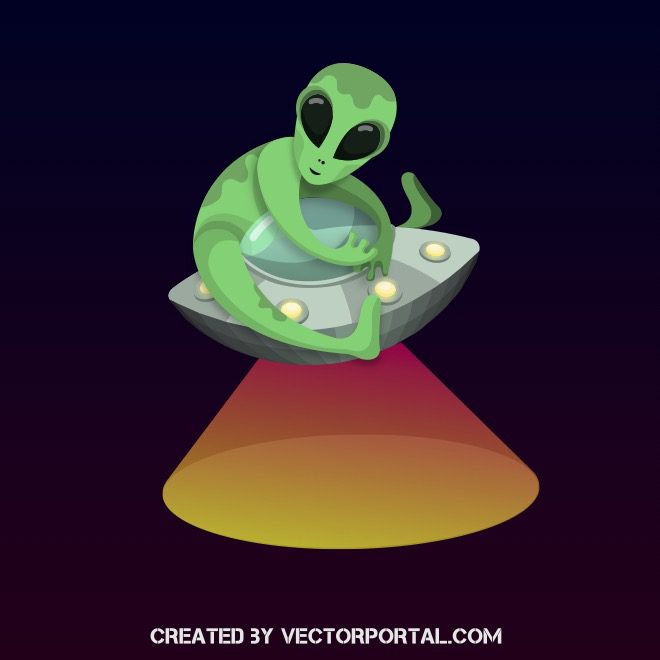Another thing many of our tech lords believe: The universe and we ourselves are actually computer simulations.
As physicist Melvin Vopson notes, Oxford philosopher Nick Bostrom, who is also one of the fathers of longtermism, formulated the simulation hypothesis, which he concludes is “highly probable.” MIT physicist Seth Lloyd has suggested that the universe itself could be a giant quantum computer. And Elon Musk is on record as saying, “We’re most likely in a simulation.”
Not only that, some of the longtermists, whom we blogged about last time, believe that in the technological eutopia to come, we ourselves will not only create new universes, we will create new digital inhabitants, complete with consciousness, to inhabit them.
Émile Torres quotes Bostrom again, who says that our descendents will program trillions and trillions of digital people, who will “live rich and happy lives while interacting with one another in virtual environments.” He calculates that in the future there will be 1058 (1 followed by 58 zeroes) digital people. Longtermists, like other utilitarians, do such calculations to show that these are the ones who will constitute “the greatest number” whom we should do the “greatest good for.” In their moral calculation, be 1058 conscious beings have far more value than the mere 8 billion (8.0 × 109) who are alive today. So we should make it possible for them to exist (thus, the enthusiasm for the initial technology of the metaverse) and do what would benefit them.
So this notion that the universe, along with all of us conscious entities who inhabit it, is just a computer-generated simulation, as in the Matrix movie, is being taken quite seriously.
The online site StudyFinds, which highlights interesting research in a number of fields, has published a piece by University of Portsmouth physicist Melvin M. Vopson entitled Is our universe one big virtual reality? How to test if we’re really living in a computer simulation (reprinted from The Conversation). He tries to figure out how we might test the simulation hypothesis and concludes that there may be evidence for it.
He notes how scientists are puzzled about the “anthropic principle” (my term, not his), the fact that the laws and makeup of nature seem finely tuned to allow for the existence of human life and that the slightest variation of conditions at the beginning of the universe would make life impossible. “A common answer is that we live in an infinite multiverse of universes, so we shouldn’t be surprised that at least one universe has turned out as ours,” he says, raising one absurdity held by many scientists. “But another is that our universe is a computer simulation, with someone (perhaps an advanced alien species) fine-tuning the conditions.”
He then says, “There is some evidence suggesting that our physical reality could be a simulated virtual reality rather than an objective world that exists independently of the observer.” For example:
Any virtual reality world will be based on information processing. That means everything is ultimately digitised or pixelated down to a minimum size that cannot be subdivided further: bits. This appears to mimic our reality according to the theory of quantum mechanics, which rules the world of atoms and particles. . . .
The laws of physics that govern everything in the universe also resemble computer code lines that a simulation would follow in the execution of the program. Moreover, mathematical equations, numbers and geometric patterns are present everywhere – the world appears to be entirely mathematical.
Another curiosity in physics supporting the simulation hypothesis is the maximum speed limit in our universe, which is the speed of light. In a virtual reality, this limit would correspond to the speed limit of the processor, or the processing power limit. . . .
Perhaps the most supportive evidence of the simulation hypothesis comes from quantum mechanics. This suggest nature isn’t “real”: particles in determined states, such as specific locations, don’t seem to exist unless you actually observe or measure them. Instead, they are in a mix of different states simultaneously. Similarly, virtual reality needs an observer or programmer for things to happen.
Are you picking up on the irony? The centrality of information in the structures of the universe? The fact that mathematics, a mental construct, somehow applies exactly to the external world? The necessity of an observer?
These facts point to the universe as a creation of God: the ultimate Observer who providentially keeps everything in existence; the Mind that is expressed everywhere; who created by means of His Word, the Logos, which is the information that structures the entire universe.
These are, fact, the arguments for Intelligent Design, which is strictly taboo in the scientific establishment. Invoking God in cosmology is strictly forbidden, and a scientist might be fired and lose his career for so much as mentioning the possibility. But belief in an Alien computer programmer as the originator of our universe is considered an interesting hypothesis.
Image by Vectorportal.com, CC BY














